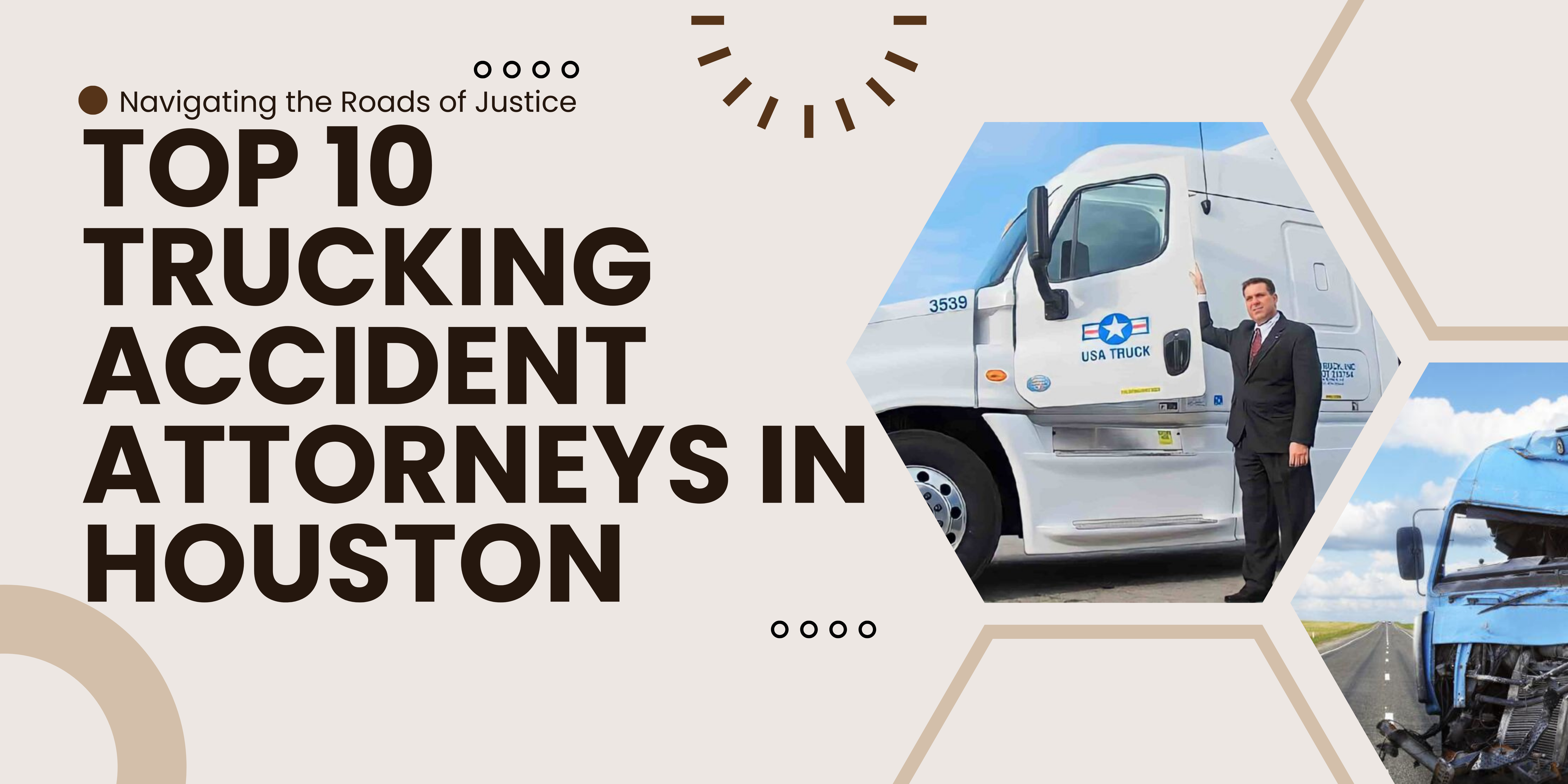Top careers in agriculture
For those looking to get into the field, agriculture is more than just being a farmer (although, of course, that is also a viable career option).
We will explore the top careers in agriculture today, and the skills you need to succeed in these roles, if you’re looking to work in agriculture, but don’t know what careers are available to you.
Engineer specializing in agriculture
Through computer aided design (CAD), you will design new equipment and machinery to improve current farming practices. In addition to advising farmers and businesses on land use, you will assess the impact of current processes on crops and the environment, using weather data and GPS. As part of this role, you may be involved in agricultural construction projects as well.
To be successful in this role, you must have a strong understanding of mathematics, science, and problem-solving, as well as be creative and communicative.
Economist for agriculture
In your role as an agricultural economist, you will apply microeconomic and macroeconomic concepts and theories to understand economic decisions, such as why shoppers choose certain foods and how the government decides how to support farmers. To find and determine economic trends, you will analyze economic data.
Many agricultural economists spend their time in an office, calculating and analyzing data. Others work in the fields, surveying land, interviewing farmers, and conducting research.
An economics degree is preferable for people who wish to become agricultural economists. An agricultural economist mainly works independently, but may collaborate with other economists, farmers and statisticians. A strong grasp of mathematics is essential for this role, and you need to be capable of analyzing and interpreting data effectively and presenting it clearly and efficiently.
Manager of a farm
As a farm manager, you will oversee the running of the farm and make business decisions whilst keeping within budget parameters. In addition to maintaining and repairing farm buildings and equipment, you will ensure that the farm’s products are ready for markets and auctions by marketing them and ensuring that they are properly marketed. In addition, you will ensure that all processes adhere to government regulations as well as health and safety standards.
It is important that you have previous experience working in hands-on farming, as well as technical knowledge, because the job requires you to perform both hands-on and administrative tasks. A farm manager’s degree is usually related to agriculture, such as agricultural engineering or agriculture.
Plant and soil scientist
As a soil and plant scientist, you will test the composition of the soil in order to assess how it affects plant growth, as well as researching alternative methods of growing crops (such as genetic modification) to maximize productivity. The data will be presented in detailed reports to guide farmers in choosing the crops that will be most suitable for their land, advising them on how to use their land most efficiently.
In addition to working in offices and laboratories, soil and plant scientists specializing in food may work in kitchens to test new ways to process food.
Planner for conservation
To determine whether land should be preserved or whether it can be built on, conservation planners are responsible for assessing its environmental and ecological value. Conservation planners will write a report that explains to stakeholders what they can and cannot do if the land is deemed too valuable to be developed.
As a conservation planner, your day-to-day tasks may include preparing reports, developing budgets, identifying and analyzing any environmental issues and promoting environmental management. Essentially, you will act as a middleman between the government, environmental groups, and developers.
Conservation planners are self-motivated, highly organized, and have excellent project management skills. An environmental science degree would also be extremely helpful in this role.
Horticulturist with commercial experience
Commercial horticulturists oversee the entire process of growing, harvesting, packaging, distributing, and selling food, crops, and plants.
Supervising and training staff, managing pest/weed control programs, writing business plans, developing new products, marketing products, negotiating contracts with buyers and sellers, and helping to sell products might be typical day-to-day activities.
A commercial horticulturalist must be extremely detail-oriented, have excellent management and communication skills, and possess a great deal of commercial awareness.
Salesperson for agricultural products
You will sell machinery, animal feed, fertilizers, and seeds to farmers working in agricultural sales. As an agricultural salesperson, you will be expected to be knowledgeable about your product and advise farmers. You will need to be able to listen to the farmer’s needs, and then recommend the correct product to meet their needs.
In order to succeed in this field, you must be able to build long-term relationships, be persuasive, and know your product extremely well. Sales and marketing degrees are extremely valuable if you want to pursue a sales career.










